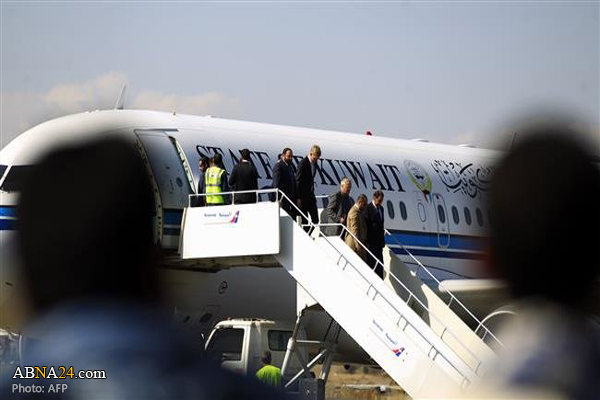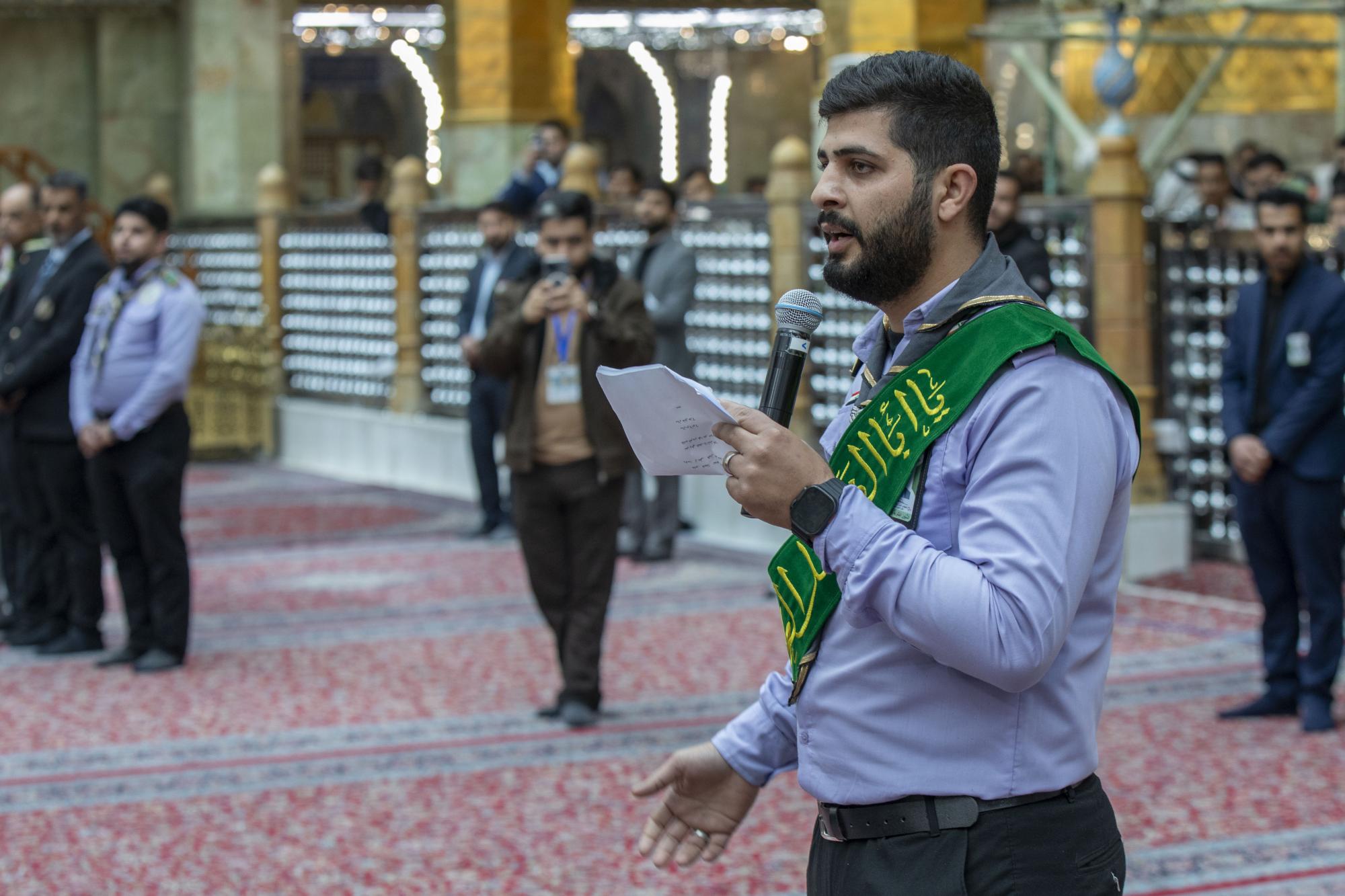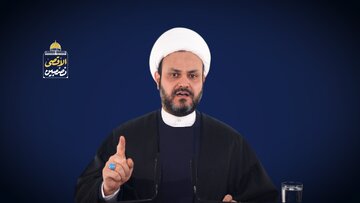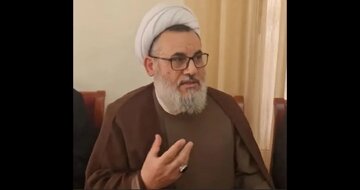AhlulBayt News Agency (ABNA): An advance team of the United Nations has arrived in Yemen with the task of monitoring a fragile ceasefire in the Red Sea port city of Hudaydah recently agreed by the two warring parties, namely Yemen’s Houthi Ansarullah movement and the country’s former Saudi-backed government, local officials say.
Houthis, who are in control of large parts of Yemen including the capital Sana'a, and the armed militia loyal to former President Abd Rabbuh Mansur Hadi reached an agreement on a ceasefire in the Houthi-held port on December 13.
According to the agreement, which was signed during UN-brokered peace talks held in the Swedish capital of Stockholm, Houthi fighters and Hadi’s forces, which have had the city under a tight siege since June, must withdraw from the port and hand it over to UN observers.
On Friday, three days after the truce went into effect, the UN Security Council unanimously voted for a UK-drafted resolution to authorize the deployment of UN monitors to observe the implementation of the ceasefire for an initial 30 days.
The limited ceasefire and withdrawal, if implemented, could offer a potential breakthrough in the nearly four-year imposed war that has brought Yemen to the brink of starvation and created the world's worst humanitarian crisis.
On Saturday, the advance monitoring team, led by retired Dutch Major General Patrick Cammaert, arrived at Aden airport, local officials said. Cammaert is due to meet with Hadi’s top officials and then he is expected to continue to Sana’a where he will meet Houthi officials.
He will then travel to Hudaydah, where he will oversee the ceasefire and troop withdrawal from it and three other ports.
The UN monitoring team is due to secure the functioning of Hudaydah as well as supervising the withdrawal of fighters from the vital port.
The fragile ceasefire has halted months of heavy fighting in the port city, through whose docks more than 70 percent of Yemen’s imports used to pass, feeding the country’s 30 million people.
Leading a coalition of its allies, Saudi Arabia invaded Yemen in March 2015 in an attempt to reinstall Hadi, who had resigned amid popular discontent and fled to Riyadh, and to crush the Houthis.
Hadi, who initially fled the country to Riyadh, managed to capture Aden in July 2015 with the military help of the regime in Riyadh after it fell in the hands of Houthis in September 2014.
Since then, Hadi, along with his supporters and militiamen, have turned the southern port city to their base, calling it the country's temporary capital, and have gone hand-in-hand with the Saudi-led war machine against his own people.
Over the past couple of years, Houthis have been running state affairs and defending Yemeni people against the Saudi brutal campaign.
The imposed war initially consisted of an aerial campaign, but was later coupled with a naval blockade and the deployment of ground mercenaries to Yemen. The aggression is estimated to have left 56,000 Yemenis dead.
The Saudi-led war has also taken a heavy toll on the country’s infrastructure, destroying hospitals, schools, and factories. The UN has already said that a record 22.2 million Yemenis are in dire need of food, including 8.4 million threatened by severe hunger. According to the world body, Yemen is suffering from the most severe famine in more than 100 years.
A number of Western countries, the US and Britain in particular, are also accused of being complicit in the ongoing aggression as they supply the Riyadh regime with advanced weapons and military equipment as well as logistical and intelligence assistance.
/257
An advance team of the United Nations has arrived in Yemen with the task of monitoring a fragile ceasefire in the Red Sea port city of Hudaydah recently agreed by the two warring parties, namely Yemen’s Houthi Ansarullah movement and the country’s former Saudi-backed government, local officials say.
22 December 2018 - 16:02
News ID: 921673





